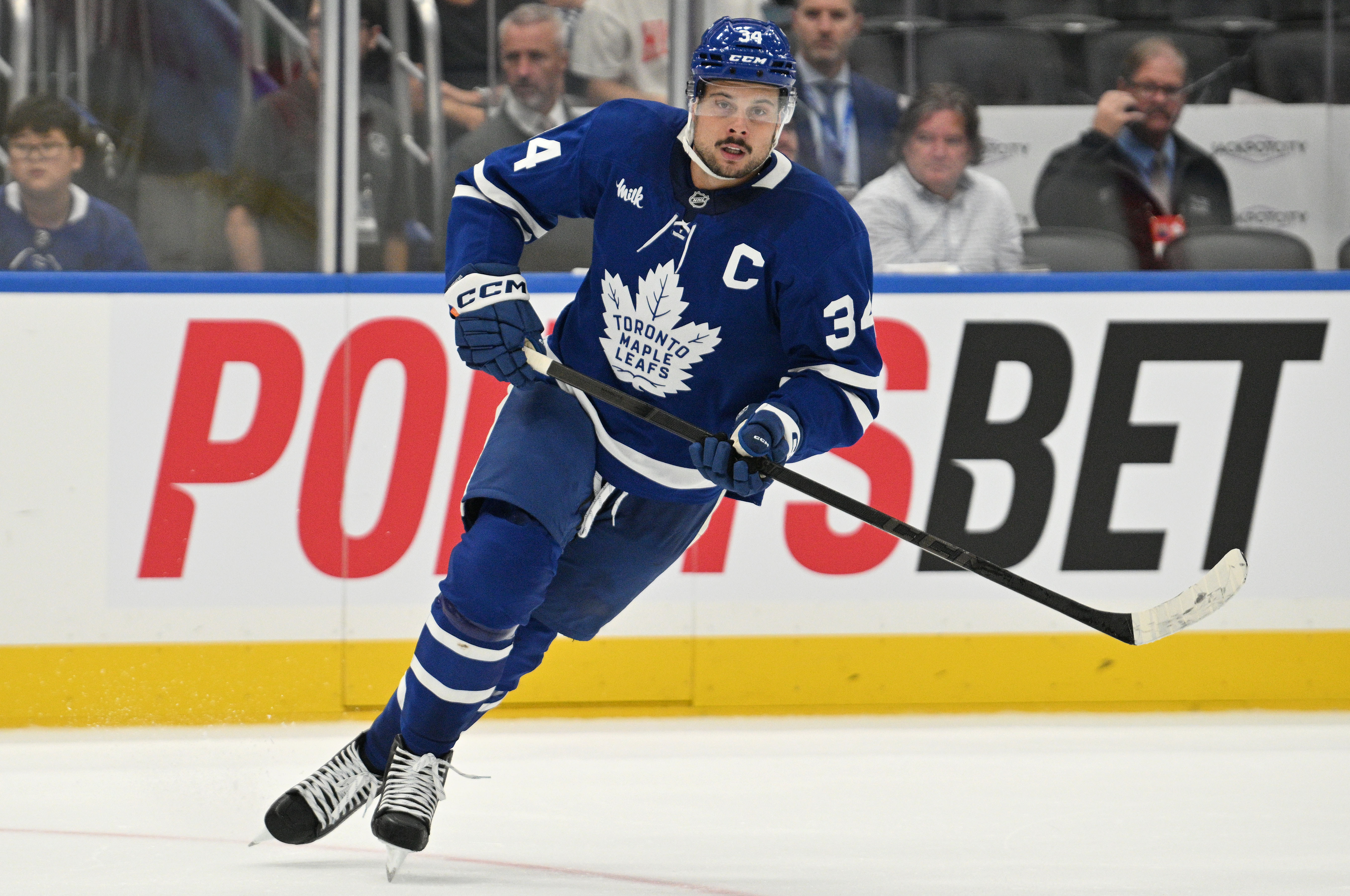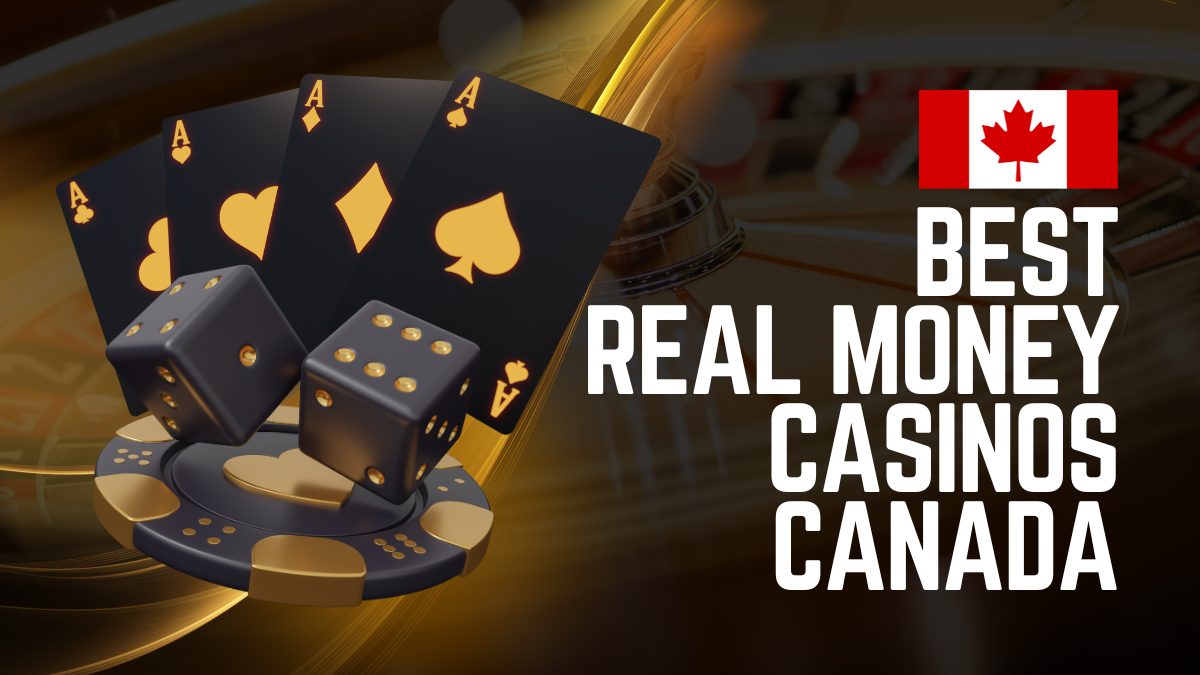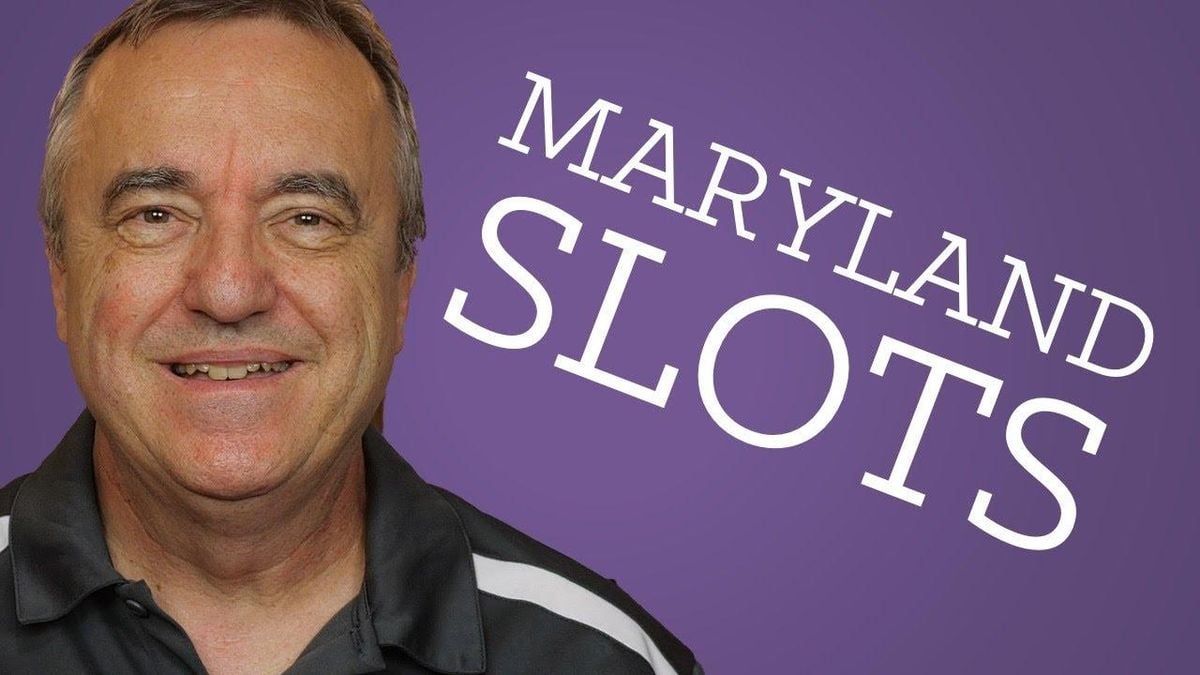OPINION
BY IAN PATTISON
WATCHING the World Men’s Curling Championship this week this sponsorship ad stood out: “PointsBet, the official gaming partner of Curling Canada.” Doesn’t curling have enough corporate “partners” – emblazoned on every TV camera sightline and plastered on players’ jackets – without the need for a gambling buddy?
Curling is not alone, of course.
The Fanduel Odds Tracker precedes NHL games on Sportsnet which updates other games with the Bet 365 In-Game Tracker.
Over at TSN you can already bet on which NHL team will win the Stanley Cup “courtesy of Fanduel.” (Oddsmaker rankings have Oilers fifth, Leafs ninth, Canucks and Jets tied for 10th. My Habs are 23rd. Ugh.) There’s not a lot of “courtesy” in gambling now is there?
Entire shows on these networks are concerned solely with the points spreads on that night’s professional games.
How unbiased can sports reporters, commentators and broadcasters be when their game segments are sponsored by betting sites that bulge the networks’ bottom lines?
Among the blizzard of advertisements on the ice and boards of hockey games, the backstops and even pitching mounds of baseball games, the floor of basketball games and sidelines of football games are logos for an abundance of sports betting sites. You can’t get away from it if you watch sports on TV.
CBC Marketplace asked researchers to count the number of gambling messages — including betting company logos, commercials, sponsored segments and any time betting odds appeared on screen — viewers were exposed to during five NHL games and two NBA games broadcast live on television between Oct. 25 and Oct. 29 last year.
Their study tallied 3,537 gambling messages, or about 2.8 every minute, totalling one-fifth of the viewing time. That’s not right.
Markus Giesler, a professor of marketing at York University in Toronto, said he’s worried about how seamless the integration of sports and gambling has become.
“All of this is contributing to the normalization of gambling,” Giesler told Marketplace. “Something that we conventionally think of as a very risky and a very dangerous practice (is framed) as something that’s actually just fun and harmless.”
ONTARIO LAUNCHED a regulated market for private gambling companies in April 2022. Regulated casino and sports betting in all other Canadian regions is handled through a provincially-run website.
Gambling has since exploded in Ontario. Players wagered more than $17 billion in the third quarter of 2022/23 alone. Just a harmless pastime, or an addiction?
Ontario was soon forced by public outcry to outlaw the use of sports stars like Auston Matthews and Wayne Gretzky shilling for betting sites and influencing fans to gamble. Or so everyone thought.
I watched Connor McDavid in a Bet MGM ad on Sportsnet during the Jays home opener on Monday. Isn’t that illegal?
Then I found the fine print. The new restrictions do prevent active or retired athletes from appearing in most conventional ads – but the Alcohol and Gaming Commission of Ontario made an exception for what is known as “responsible gambling” promotional spots, in which sportsbooks or casino operators urge users to play within their limits.
The McDavid ad does fit that criteria but it’s still an ad for Bet MGM. It’s a borderline celebration of compulsive behaviour. It equates such behaviour to comic relief instead of life-altering recklessness. Such ads cannot help but equate the brand with anyone who pitches it.
Besides, does anyone believe for a second that gamblers who are literally addicted to placing bets on and even during games are going to heed a message asking them to “please play responsibly”? It’d be like a dealer selling some poor schmuck a bag of crystal meth and telling him to be sure and just do a little at a time.
A report for iGaming Ontario said the first year of Ontario’s regulated market included 45 operators and 76 gaming sites. More have launched since then.
The report estimates the total economic contribution was $1.58 billion to Ontario’s gross domestic product. Combine that with casino revenue and proceeds from the sale of all those lottery tickets and it is clear that the Government of Ontario is addicted to gambling, too. But you’ll notice the politicians don’t boast about how much their governments rake in on gambling. Why? Because it’s tainted money.
The Ontario division of the Canadian Mental Health Association has called on the province’s gambling regulator to ban all advertising for online gambling, pointing to evidence that shows the detrimental impact on vulnerable individuals and their families. Don’t expect the Doug Ford government to cook that golden goose anytime soon.
Statistics Canada estimates that two-thirds of Canadians reported gambling or playing a lottery and that as many as 300,000 people in Canada are at risk of developing a problem gambling habit. How many people have lost everything playing incessantly for that one big score? How many families have been torn apart?
IT’S NOT JUST fans who gamble. Studies have found a high rate of gambling among male athletes.
Writing in The Globe and Mail last week, Declan Hill from the University of New Haven’s Sports Integrity Center explored the curious case of Toronto Raptors’ third-string centre Jontay Porter whose Jan. 26 performance, “or rather lack thereof, was the most profitable bet in the National Basketball Association.
“For someone to make a lot of money betting that a certain player – much less a low-profile one – was not going to do well is a very curious incident. Even curiouser: the same thing happened with similar bets on the same player six weeks later, on March 20.”
Then too there is the strange case of translator, Ippei Mizuhara, who claimed last month that it was he who bet with an illegal bookie using money from the bank account of Major League Baseball’s biggest superstar, Shohei Ohtani. How did Ohtani miss $4.5 million gone from his account? Ippei Mizuhara was charged Friday with federal bank fraud.
Hill worries about the very future of some sports leagues as gambling soaks into its fabric. “All it takes to kill off a league is for enough good-faith, non-crazed fans to start questioning its credibility.”
Imagine, in light of growing reports of insider gambling, that you’re watching a game in which a star makes a silly mistake or an underrated player makes a winner. As these otherwise normal events begin to pile up, you begin to lose faith that what you’re watching is real.
When the federal Liberals legalized sports gambling, they promised to amend the Criminal Code to make match-fixing illegal. That was two years ago. Like the Conservatives in Ontario, the feds are in no hurry to intervene in the lucrative regime that is sports betting.
Face it, we’re a nation of gamblers. And we’re losing, big time.
Ian Pattison is retired as editorial page editor of The Chronicle-Journal, but still shares his thoughts on current affairs. You can email him at iPatPoint29@gmail.com.













